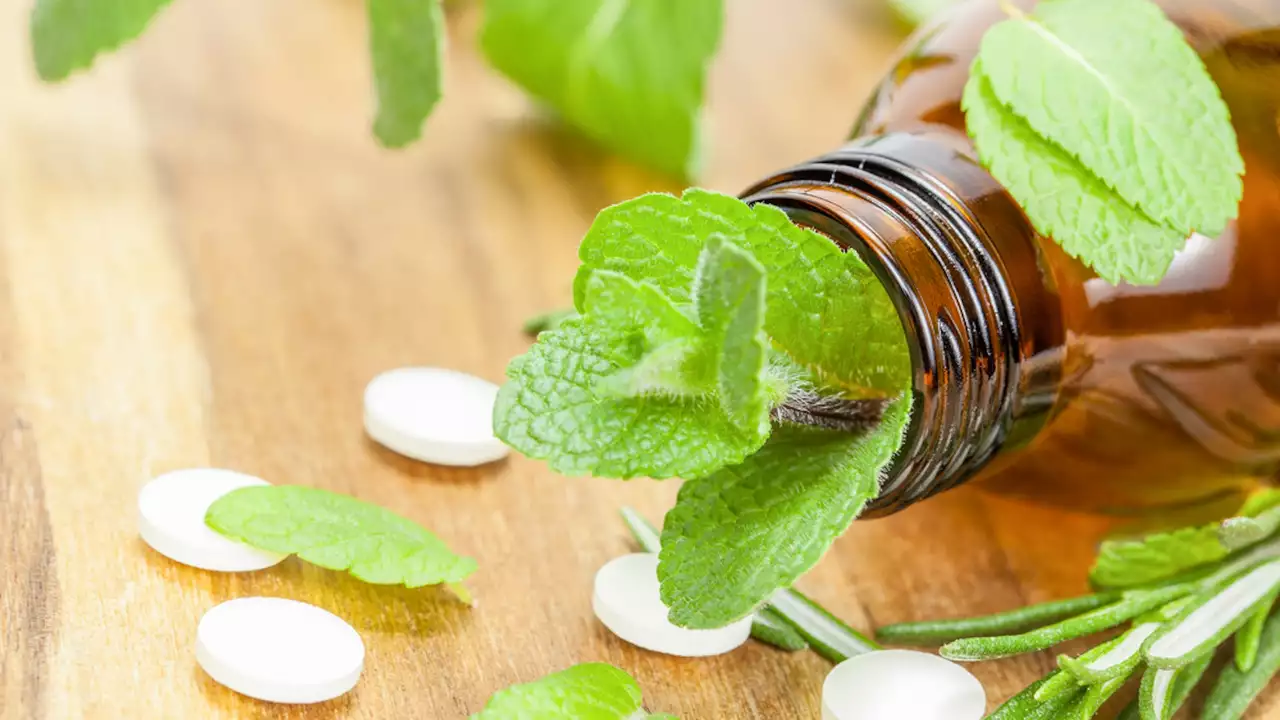Understanding Hirsutism
Before we delve into the world of natural remedies for hirsutism, it's vital to understand what hirsutism is. Hirsutism is a condition in women where excessive and unwanted hair grows on the body, predominantly in areas where men typically grow hair, including the face, chest, and back. It's often associated with a hormonal imbalance, particularly higher levels of androgens, male hormones that are naturally present in both men and women. It's important to note that hirsutism is a medical condition that can significantly impact a woman's self-esteem and quality of life.
The Role of Diet in Hirsutism
One of the natural remedies for hirsutism that has gained attention over the years is dietary changes. Several studies suggest that certain types of diets may help manage hirsutism. A low-glycemic diet, for instance, is believed to help regulate insulin levels and subsequently reduce the production of androgen hormones. This diet focuses on foods that do not cause a rapid increase in blood sugar levels, such as whole grains, lean proteins, and plenty of fruits and vegetables.
Moreover, a diet rich in anti-inflammatory foods like berries, fatty fish, broccoli, avocados, and green tea may also help. These foods are thought to reduce inflammation in the body, which could potentially decrease the production of excess androgens. However, while these diets may help manage symptoms, they are not a cure for hirsutism and should not replace medical treatment.
Benefits of Herbal Supplements
Herbal supplements are another natural remedy often discussed in the context of hirsutism. Some of the most popular include spearmint tea, saw palmetto, and licorice root. Spearmint tea is believed to have anti-androgen properties, and some small studies suggest it could reduce excess hair growth in women with hirsutism. Saw palmetto is another supplement that is thought to inhibit the production of testosterone, while licorice root may have similar effects.
However, it's crucial to consult with a healthcare professional before starting any new supplement regimen. While these supplements are natural, they can still interact with other medications and have potential side effects. Furthermore, research in this area is still limited, and more extensive studies are needed to confirm these findings.
Exercise and its Impact on Hirsutism
Physical activity is another natural remedy that can help manage hirsutism. Regular exercise, particularly strength training, can help balance hormones by decreasing insulin resistance and reducing body fat, which can, in turn, help reduce excess hair growth.
While it's true that exercise can't eliminate hirsutism, it can significantly improve symptoms and overall well-being. It's important to find a form of exercise that you enjoy and that you can incorporate into your routine regularly. Remember, consistency is key, and it's always a good idea to consult with a healthcare professional before starting a new fitness regimen.
Exploring Alternative Therapies
There are several alternative therapies that some individuals with hirsutism find beneficial. Acupuncture, for example, is a traditional Chinese practice that involves inserting thin needles into specific points on the body. Some studies suggest that acupuncture may help balance hormones and could potentially benefit women with hirsutism.
Another alternative therapy is yoga, which is believed to help reduce stress levels and balance hormones. While these methods may not directly treat hirsutism, they can help manage symptoms and improve overall well-being. However, like other natural remedies, it's essential to consult with a healthcare provider before starting these therapies to ensure they're safe for you.


Shana Labed
OMG I was diagnosed with hirsutism last year and I swear by spearmint tea-like, I drink it daily and my chin hair has literally halved in thickness. No more waxing nightmares! Also, swapped out my sugary coffee for green tea and lost 15 lbs without trying. Life changed. 💪🌿
Judy Schumacher
While your anecdotal experience is charming, it lacks empirical rigor. The clinical evidence for spearmint tea as an anti-androgenic agent remains statistically insignificant, and the placebo effect is notoriously potent in dermatological self-reports. One must not confuse anecdotal optimism with therapeutic efficacy.
Megan Raines
So… you’re telling me drinking tea is now a substitute for endocrinology? I’m just here wondering how many people have actually measured their free testosterone levels before and after. Just asking.
Mamadou Seck
spearmint tea works for some but not all and if you got pcos you need real meds not herbal tea fantasies also why is everyone acting like diet is gonna fix this its not a diet problem its a hormone problem
Anthony Griek
I’ve been practicing yoga daily for two years since my diagnosis. It’s not about erasing hair-it’s about calming the nervous system. When stress drops, cortisol follows, and that’s when your body stops overproducing androgens. It’s subtle, but real. And yes, I checked my labs.
Casey Crowell
Y’all are missing the point 🙃 It’s not about curing hirsutism-it’s about reclaiming your peace. I did the tea, the yoga, the low-glycemic diet, and honestly? The biggest win was stopping feeling ashamed. Hair doesn’t define me. Hormones don’t define me. I’m still me. And that’s enough. 💛
Shanna Talley
Same. I used to hide in hoodies. Now I wear tank tops. No miracle cure. Just consistency. Diet, movement, therapy. And letting go of the idea that my body has to be ‘normal’ to be worthy. You’re not broken. You’re just hormonal. And that’s okay.
Samuel Wood
spearmint tea? really? that's like using chamomile to treat cancer. if you want real results go for spironolactone or laser. herbal nonsense is just a distraction for people who dont wanna face medical reality
ridar aeen
spironolactone gave me migraines and depression. I’d rather drink tea than take chemicals that make me feel like a zombie. Not all of us can or want to go that route.
Lorne Wellington
Shana, I get your energy. I’m a naturopath in Vancouver and I’ve seen patients thrive with the combo: spearmint, inositol, and 30 mins of walking daily. Not a cure-but a management strategy that works when meds aren’t an option. You’re not alone. Keep going.
chantall meyer
Interesting how westerners treat hirsutism as a crisis. In my village in South Africa, we use neem oil and turmeric paste. No one panics. Hair grows. Life goes on. Maybe the problem isn’t the hair. Maybe it’s the fear.